The morning of Feb. 24, 2022, she woke up to a loud sound: missiles being fired — her mom’s voice, urgent and full of fear.
“The war started,” her mother said.
Sophomore Zlata Tanchyk didn’t understand at first. It didn’t seem real, not after weeks of rumors and speculation that Russia might invade. People joked about it. They never thought it would actually happen.
“I was 13 and I didn’t really believe it at first,” Tanchyk said. “But then I woke up, looked at my phone, and I had hundreds of messages from my friends, my classmates — everyone was freaking out. It was a moment I’ll never forget.”
Tanchyk was born in Sumy, a small city in northeastern Ukraine, about 18 miles from the Russian border. When she was 3, her family moved to Houston, Texas, where they lived for four years. Those years in America gave Tanchyk an early taste of a life far from the tensions of Eastern Europe. But when she was 7, her family returned to Ukraine. It wasn’t easy, and Tanchyk admits she was torn between the two worlds.
“I really liked it in America,” Tanchyk said. “The food, the people, the school. But when we moved back to Ukraine, I started to love it there too. It felt like home.”
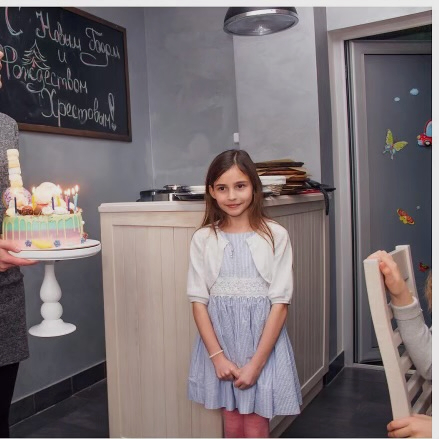
By the time Tanchyk was 13, she had found her rhythm in Sumy. She was doing well in school, socially and academically, she had a “close group of friends” and spent weekends with her cousins.
As she adjusted, pieces of her life fell into place. She had been accepted into the best middle school in her city, a proud moment for her and her family. Her future was “practically set,” until everything changed.
The invasion was sudden and intense, with tanks coming down the streets and missiles being fired. The peaceful life Tanchyk had known disappeared almost overnight. She remembers the store shelves emptying of all the basic household items: eggs, milk, bread; her dad waiting for up to seven hours in line to get gas and the constant fear of the unknown.
“Life was scarier, unpredictable; nobody ever knew what would happen next,” Tanchyk said.
Her school shifted to online classes, but the reality of war quickly became more pressing than any assignment.
“It was scary,” Tanchyk said. “We didn’t know if my dad was going to come back home after waiting for gas. It was chaos.”
Tanchyk’s extended family decided to consolidate their resources, moving in together in a single house.
“We just wanted to stick together, in case we had to leave quickly,” Tanchyk said. “It was always on our minds: What if we have to evacuate right now? We had to be ready.”
Her family would go to the basement of their building for shelter when air raid alarms went off, but there was no guarantee the basement would keep them safe.
“Sometimes the Russian soldiers would go into basements to kill civilians,” Tanchyk said. “It was so dangerous, and we didn’t know if we’d survive the night.”
Throughout the fear and uncertainty, Tanchyk’s family made the difficult decision to leave Sumy. They began a three-day journey to Western Ukraine, navigating around Russian-occupied areas. She remembers the tension and how they had to avoid major roads.
“People in group chats were sharing information about Russian soldiers, [saying], ‘Don’t go here, there’s a tank on this street,’” Tanchyk said. “It was like living in a war zone for real.”
One of the “toughest” parts of the evacuation was saying goodbye to her two cats: Mars and Kisa.
“I couldn’t take them with me,” Tanchyk said. “We had to give them away to a lady who promised to take care of them.”
But even in the darkest moments, “there were still glimmers of light.” On March 8, International Women’s Day, her family encountered Ukrainian soldiers handing out flowers to women on the road.
“It was such a sweet thing to do,” Tanchyk said. “It made us feel like there [was] still hope.”
Tanchyk’s family eventually made their way to Houston, Texas. They had planned to move to the U.S. before the war, thanks to her mother winning the green card lottery the year before, but the invasion forced them to leave sooner than expected.
Arriving in Houston was an abrupt change for Tanchyk, interrupting her life significantly.
“We didn’t really have time to prepare for immigration,” Tanchyk said. “We had to leave fast.”
At first, Tanchyk was excited to move, but also conflicted.
“I felt guilty,” Tanchyk said. “I was living in a safe country while my friends and classmates were suffering in Ukraine. It didn’t feel right to be happy, even though I wanted to be here.”
Her first few months in the U.S., she said she didn’t know anything. She was determined to fit in, to blend into the American school system, and for a while, she didn’t want to acknowledge her Ukrainian background.
“I didn’t know how to pick classes or what GPA even meant,” she said. “It felt like [I was] starting from scratch.”
As a freshman, she tried out for the tennis team. She said she didn’t want to be seen as the “foreign” kid.
“I wanted to be like everyone else,” she said. “I didn’t want to stand out.”
Junior Trey Coursey first met Tanchyk at tennis practice, and he didn’t even realize she wasn’t American until he spoke to her. Coursey describes Tanchyk as having a “very bubbly personality.”
“Despite her accent, she was still able to connect with the people around her and her teammates,” he said.
Her AP Seminar teacher, Andrew Hamilton admires her work ethic and how she is never afraid to speak her mind.
“She is hardworking, earnest and engaged in class discussion,” Hamilton said.
As Tanchyk started to change her perspective, she realized she should be proud of where she came from.
“I wanted to share my culture and stand up for Ukraine,” Tanchyk said. “It’s a part of who I am and I want people to know that.”
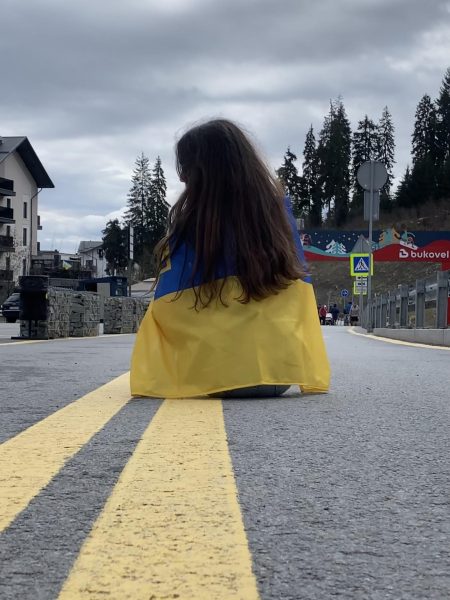
Looking back, Tanchyk sees her journey as one that forced her to grow up faster than most kids her age.
“People often think ‘Oh, this would never happen to me,’ and I was one of them,” Tanchyk said. “But war in my home made me realize that nothing is impossible and to treat life as an opportunity.”
Tanchyk now feels more resilient and capable of facing challenges. “Moving countries and dealing with war forced me out of my comfort zone,” Tanchyk said. “I feel like now I can handle anything. I’m not as stressed out anymore. I just take life as it comes and try to make the best of it.”
Though she has found support in her new American friends, she hasn’t forgotten her roots.
“I still talk to my friends in Ukraine and I stay connected with my family there,” Tanchyk said. “I miss home, but I’ve learned to appreciate everything I have now. The war made me realize that life isn’t all sunshine and rainbows. Things happen that you don’t expect, and you just have to survive. It made me stronger.”
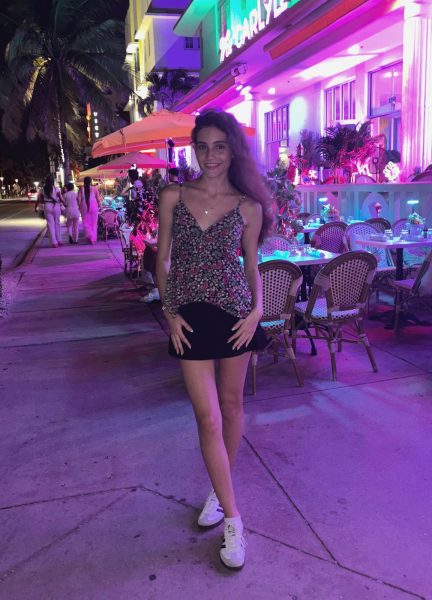



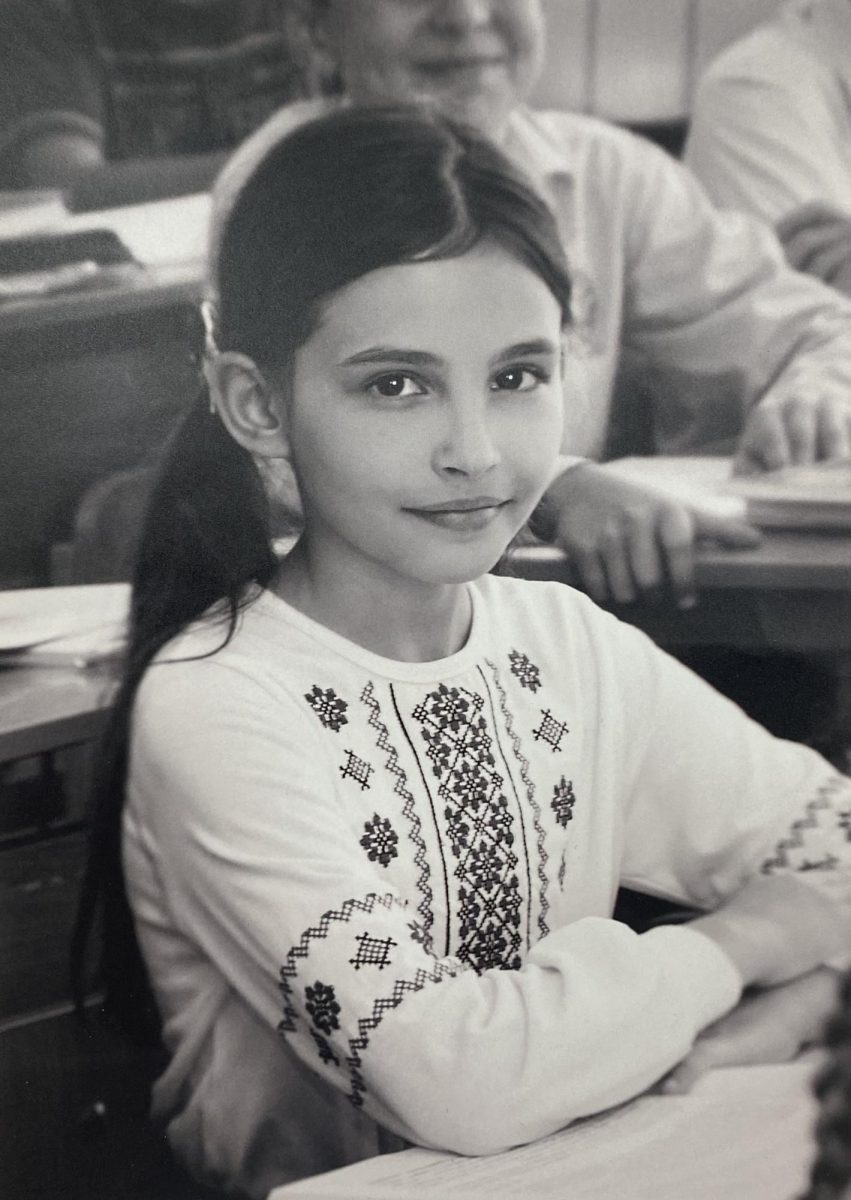
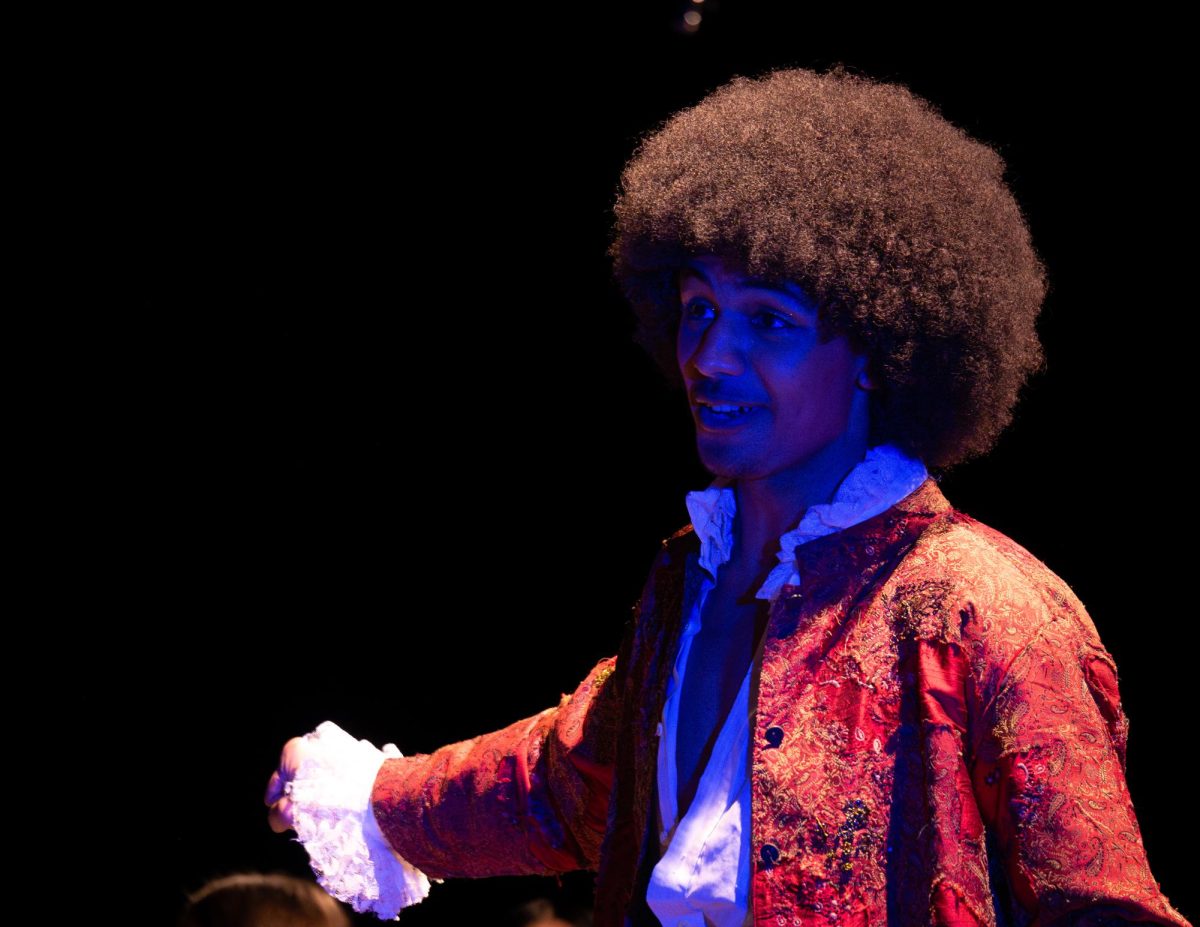
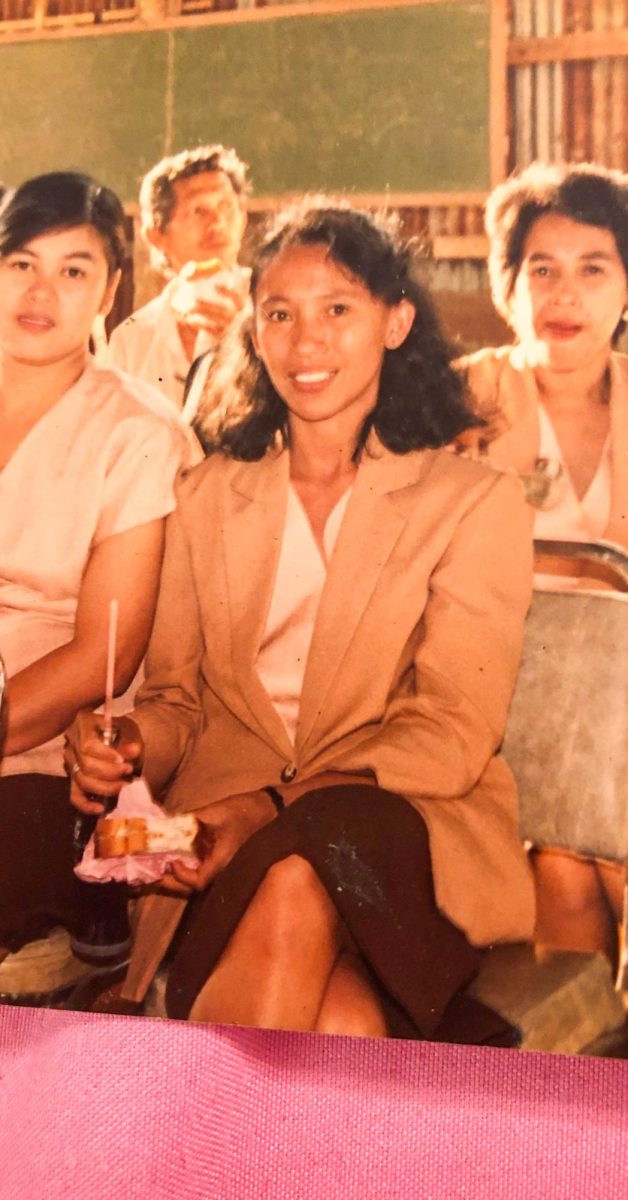
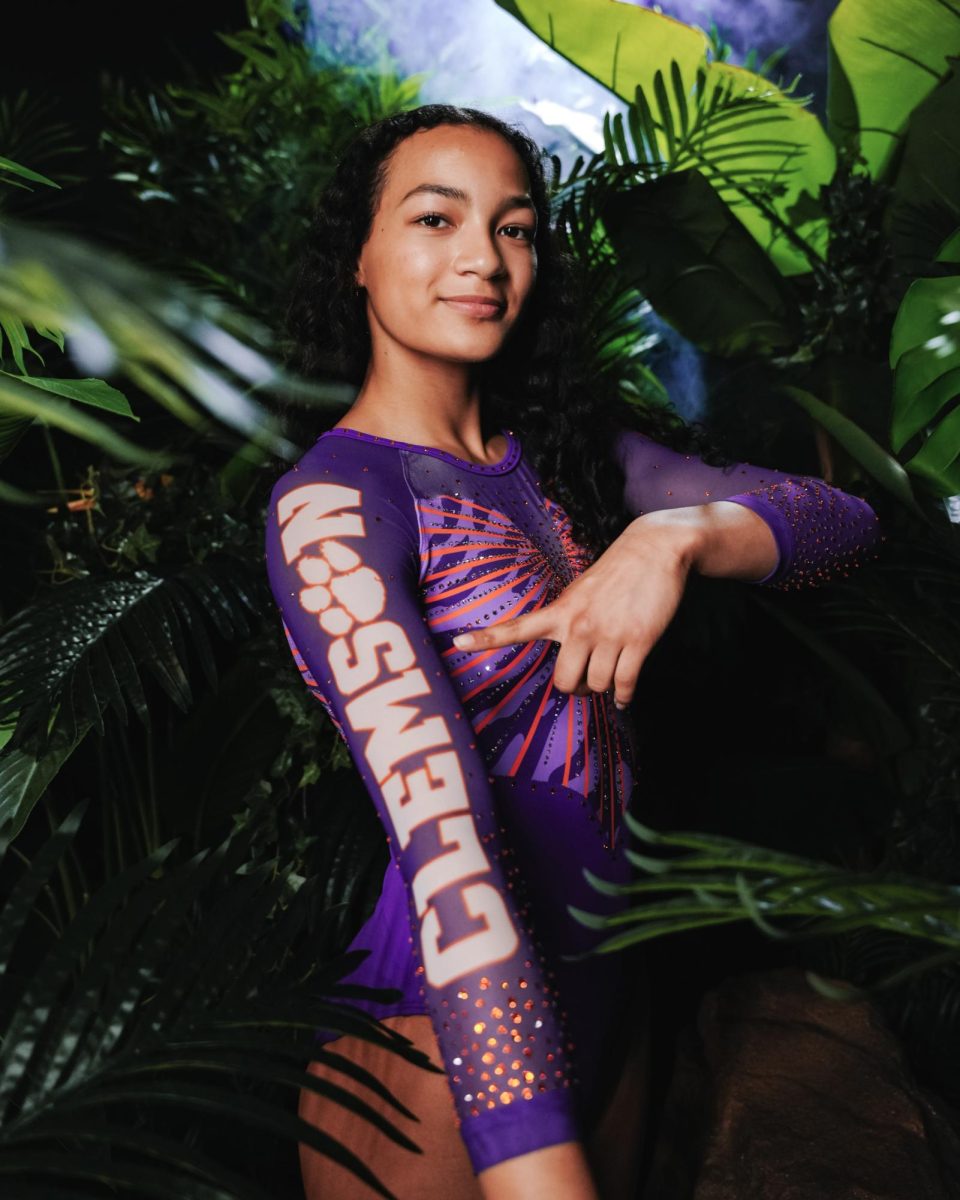
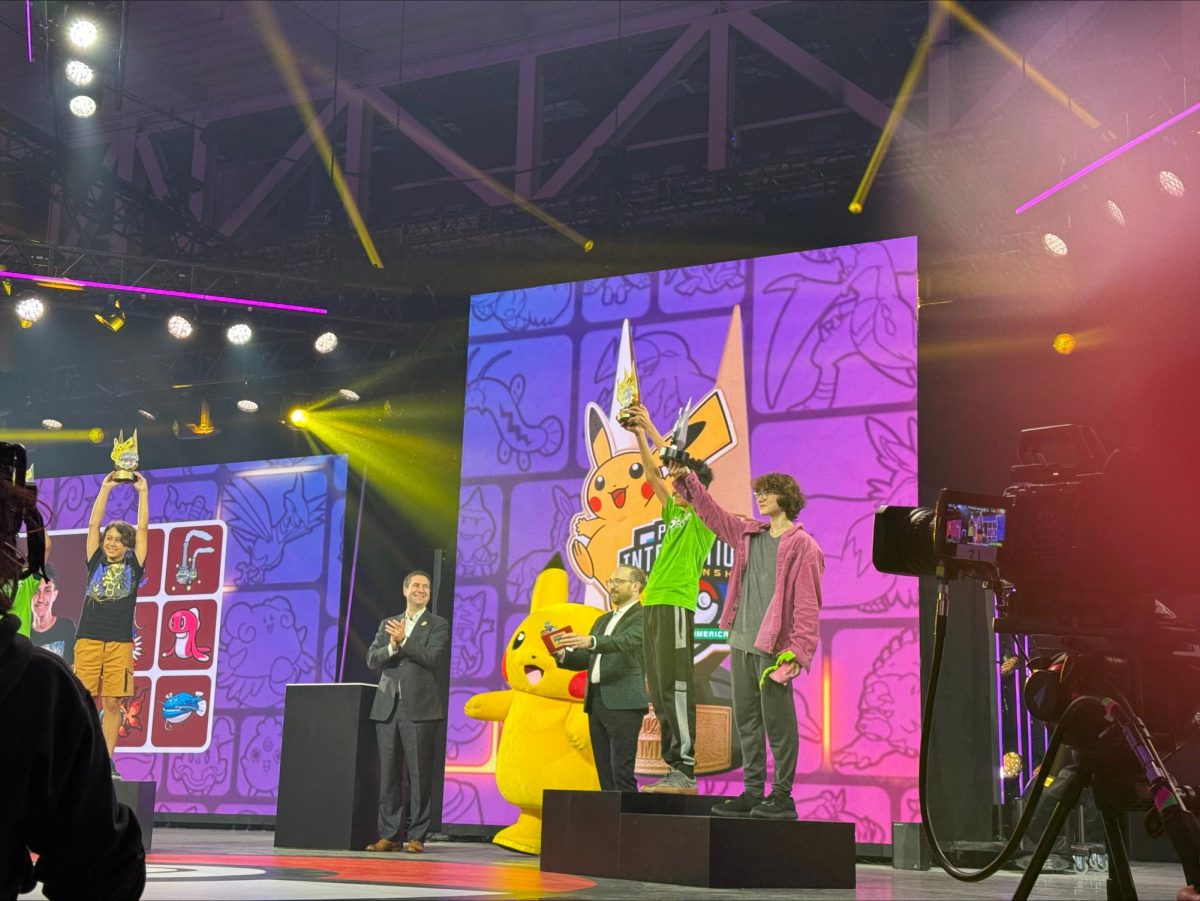
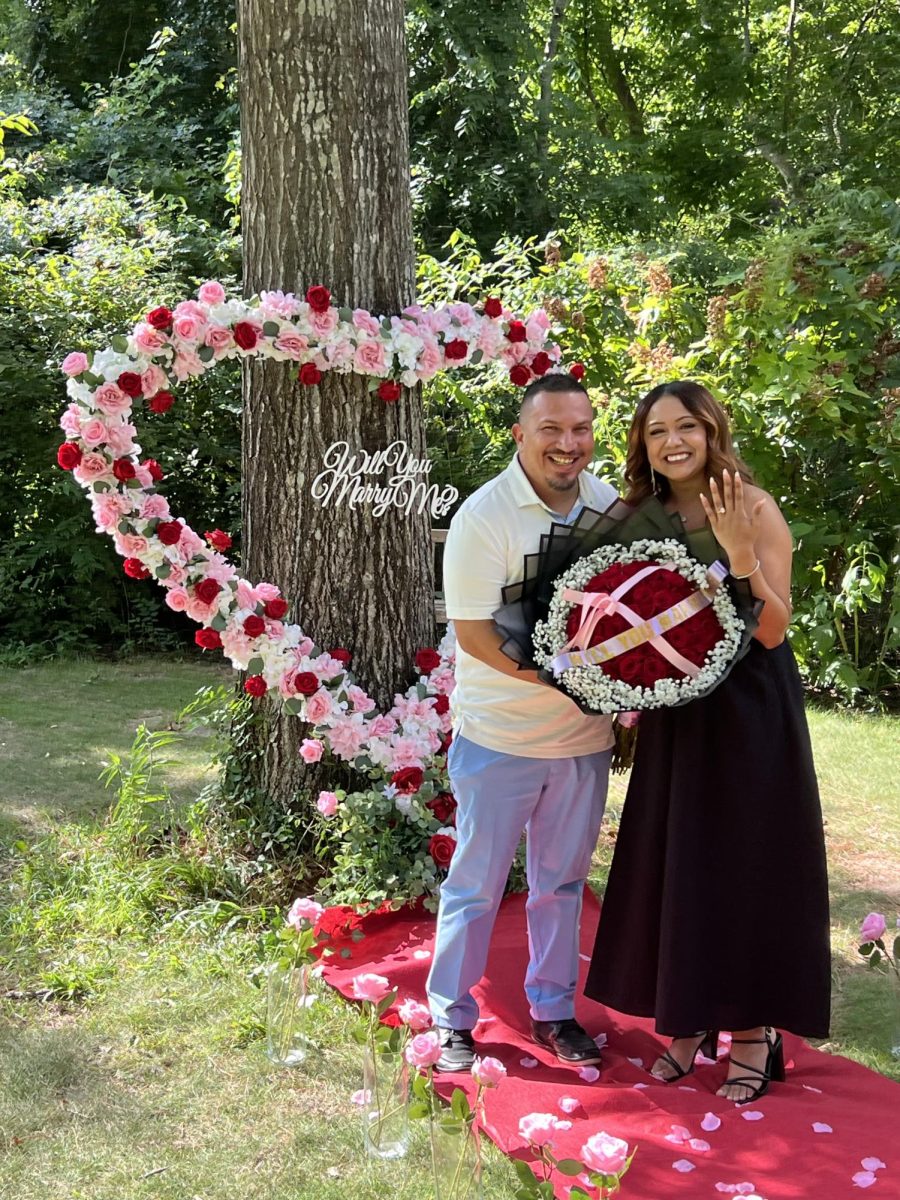
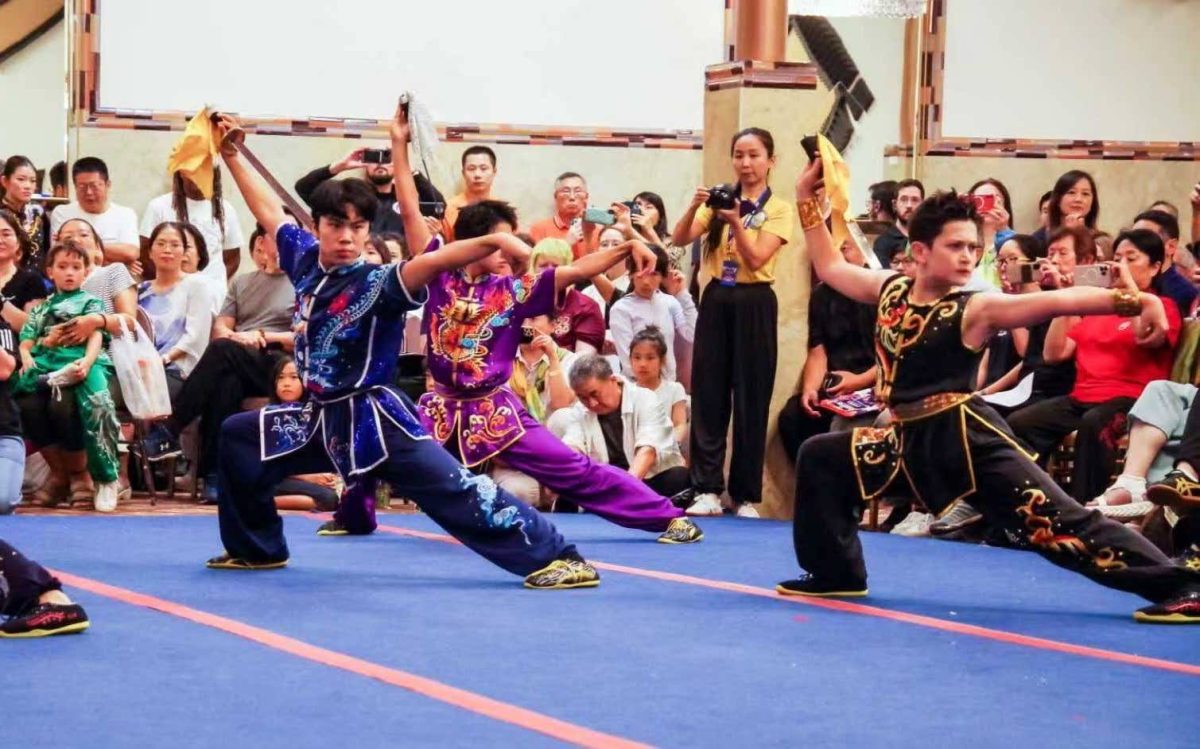

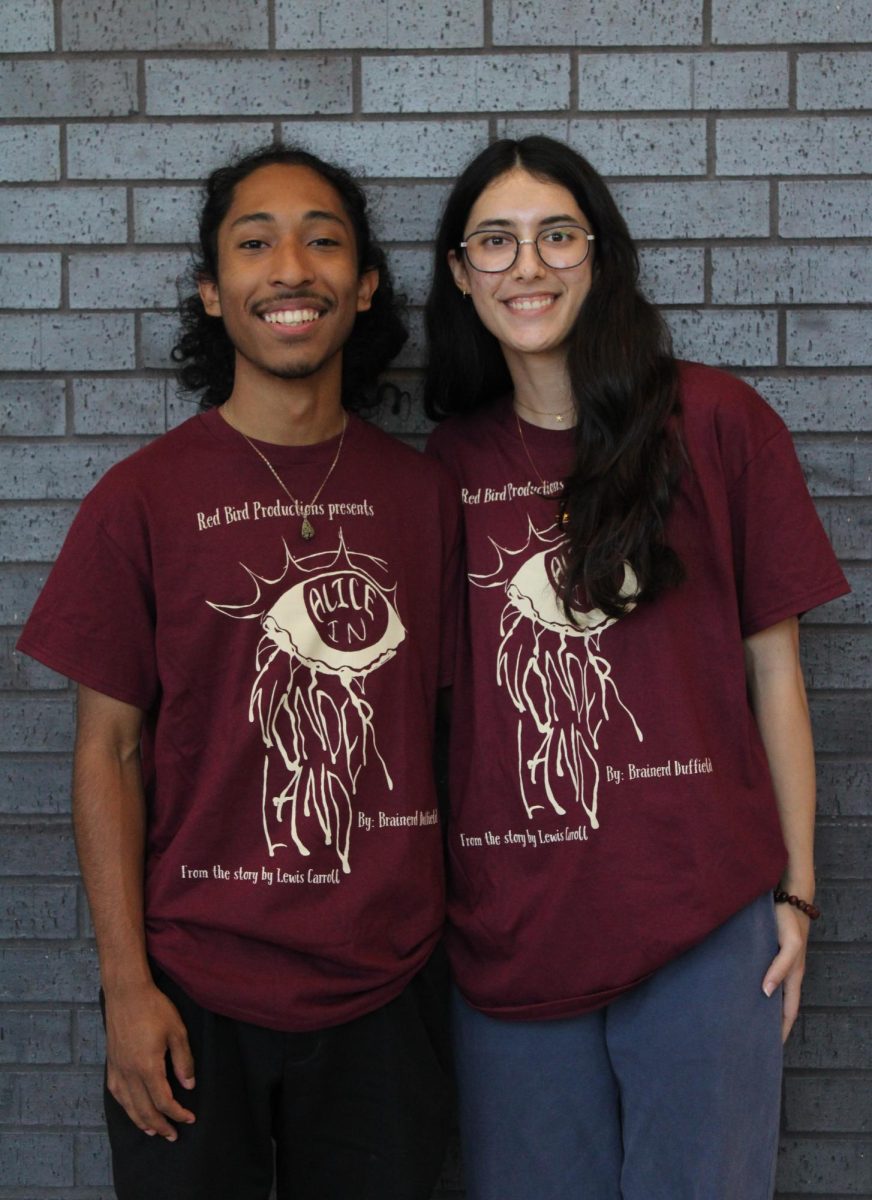
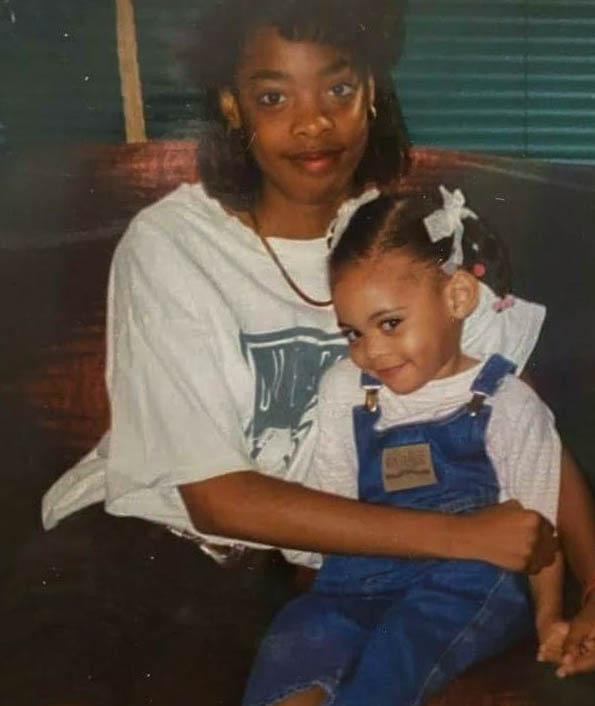
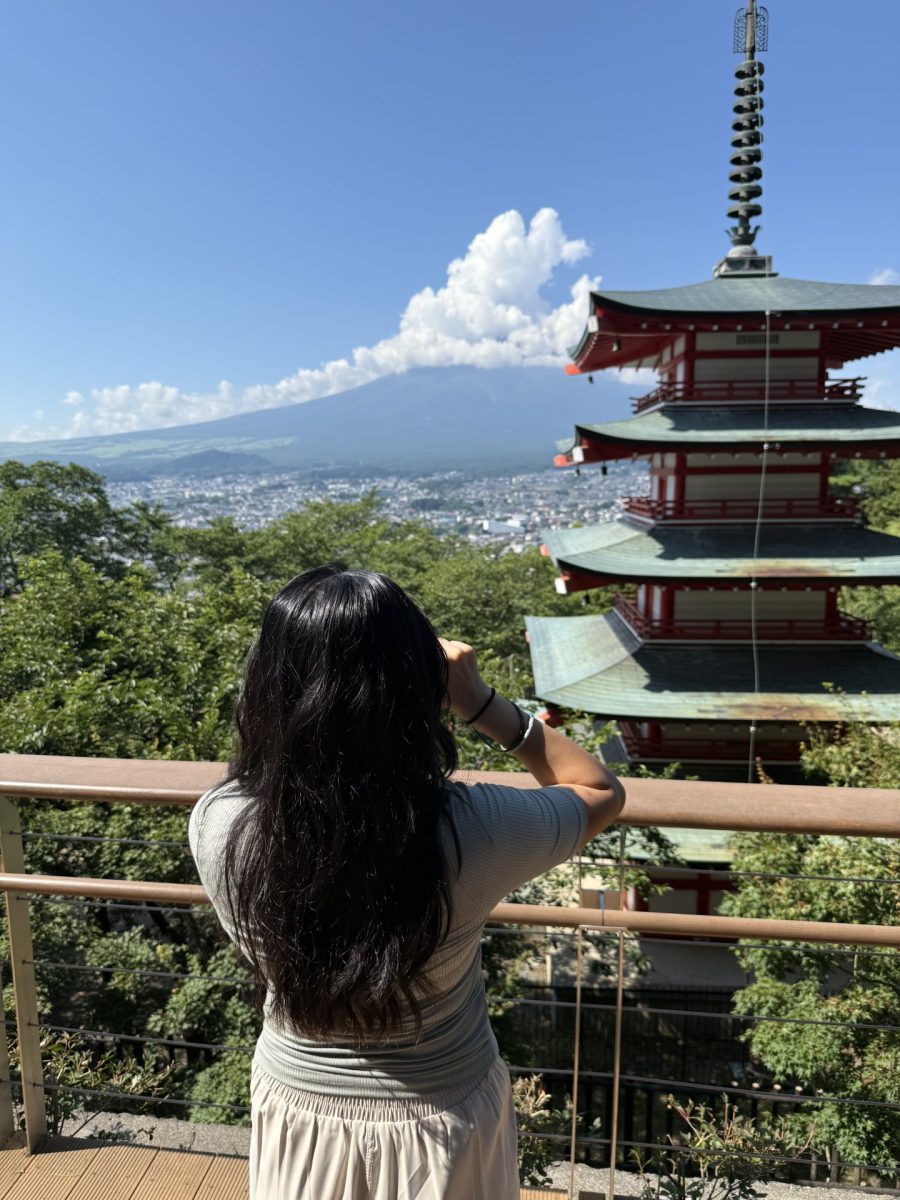
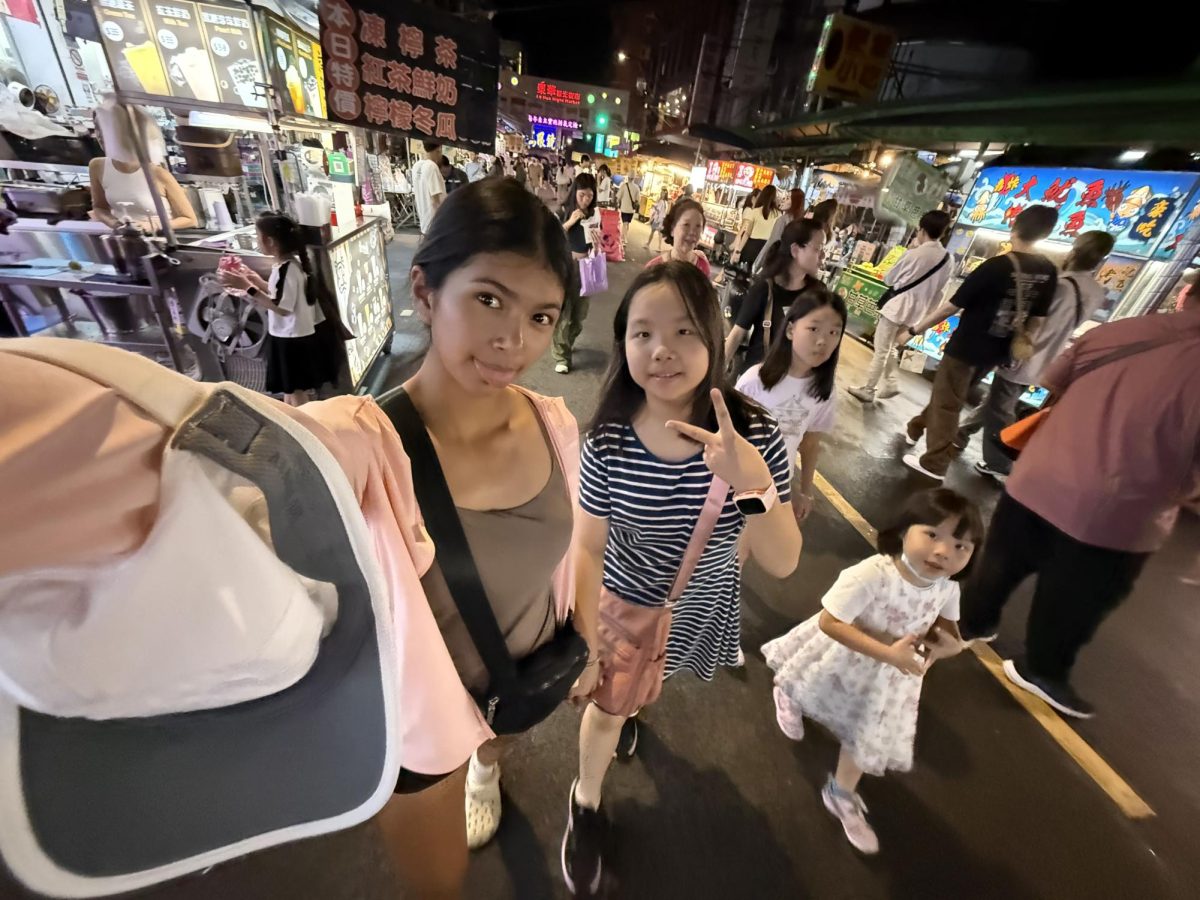
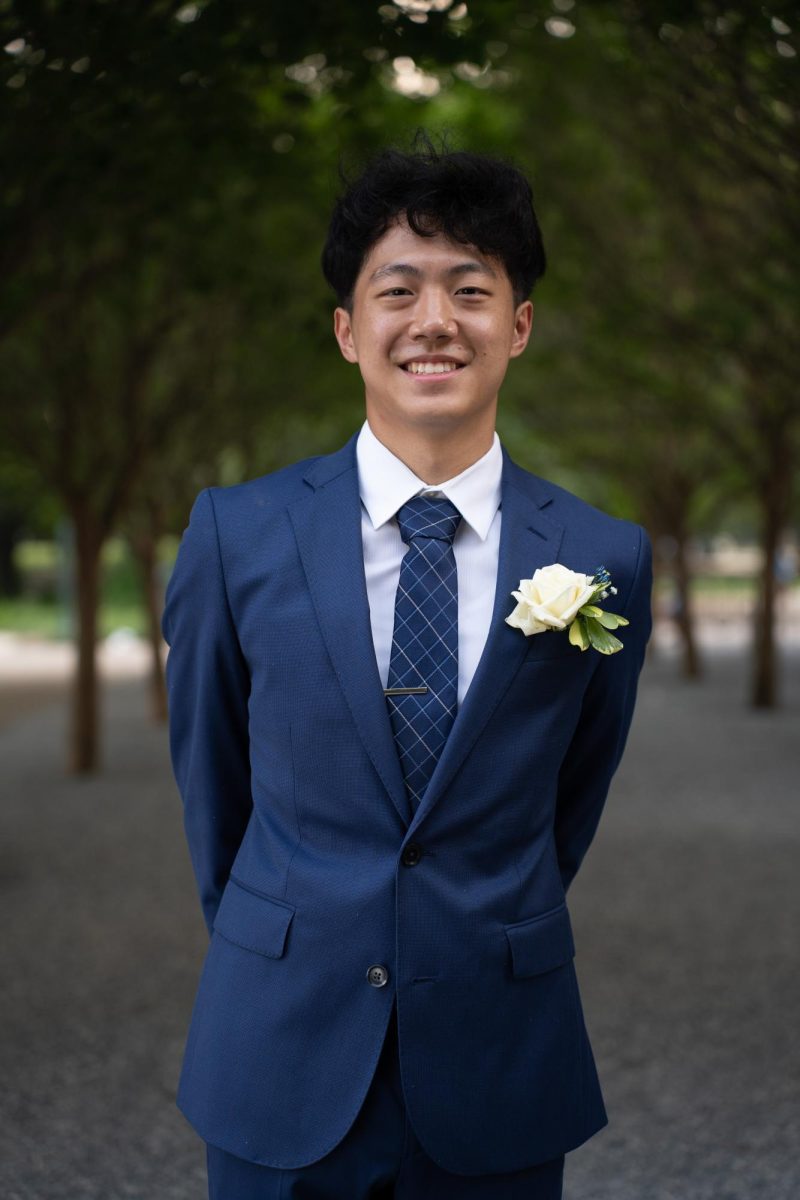

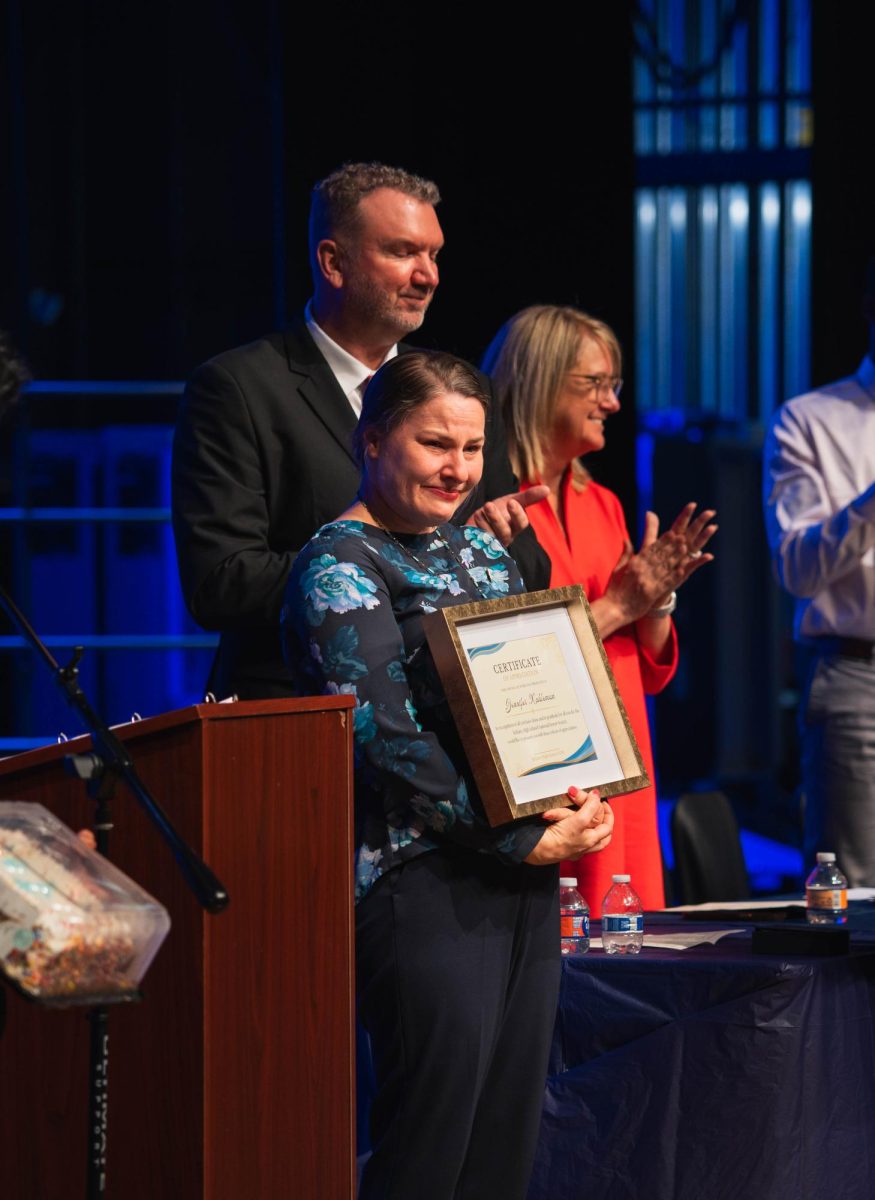
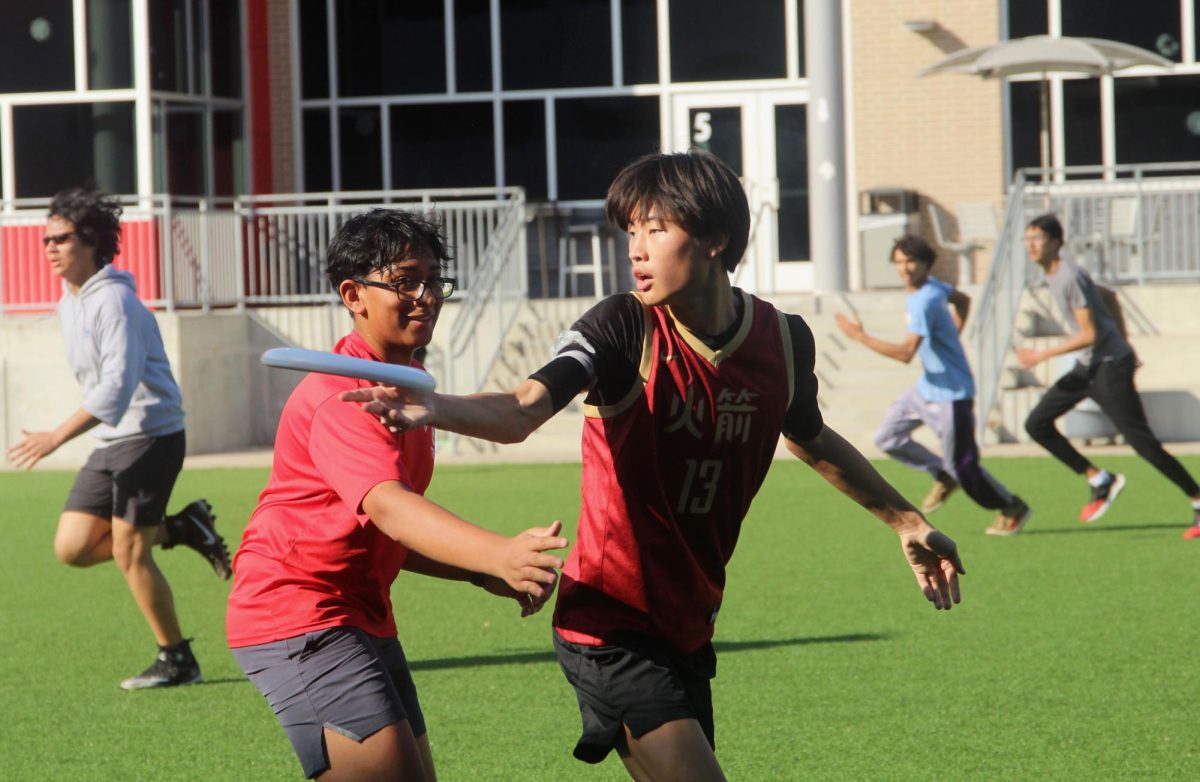
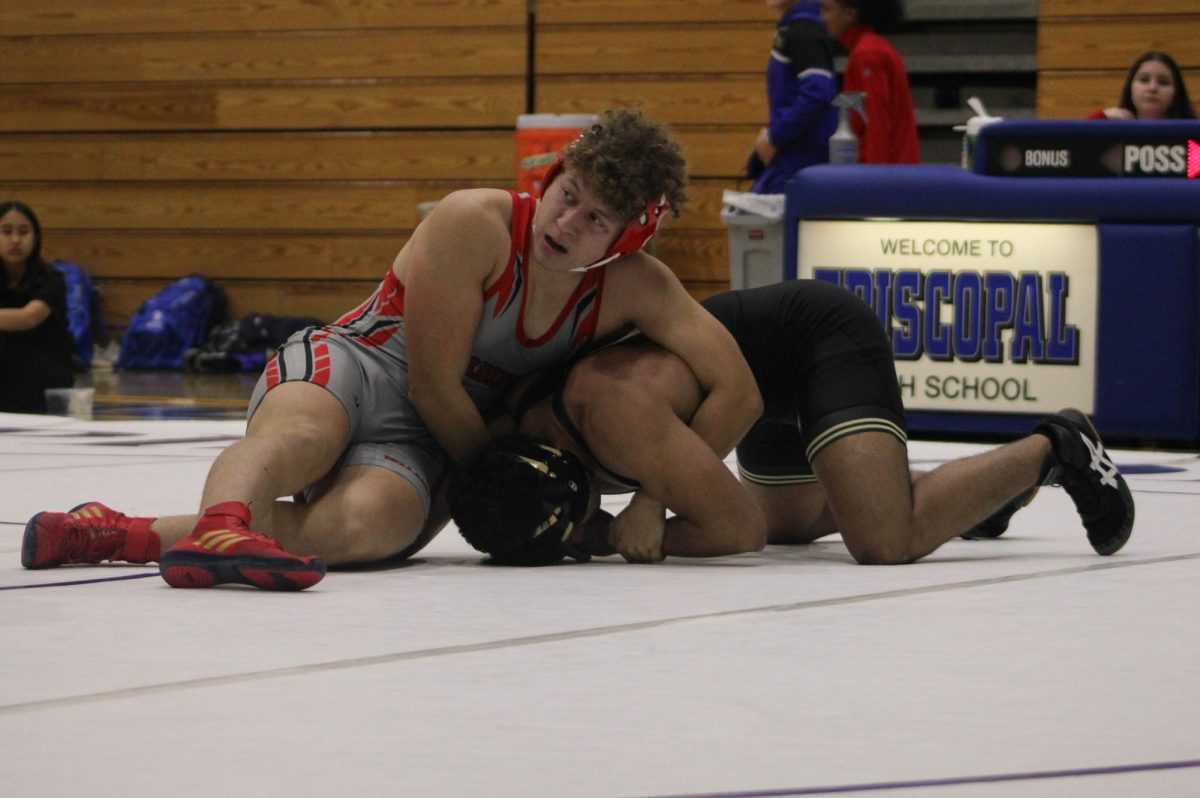
Claire B • Nov 25, 2024 at 9:02 am
Fantastically written story Ellie! Very powerful